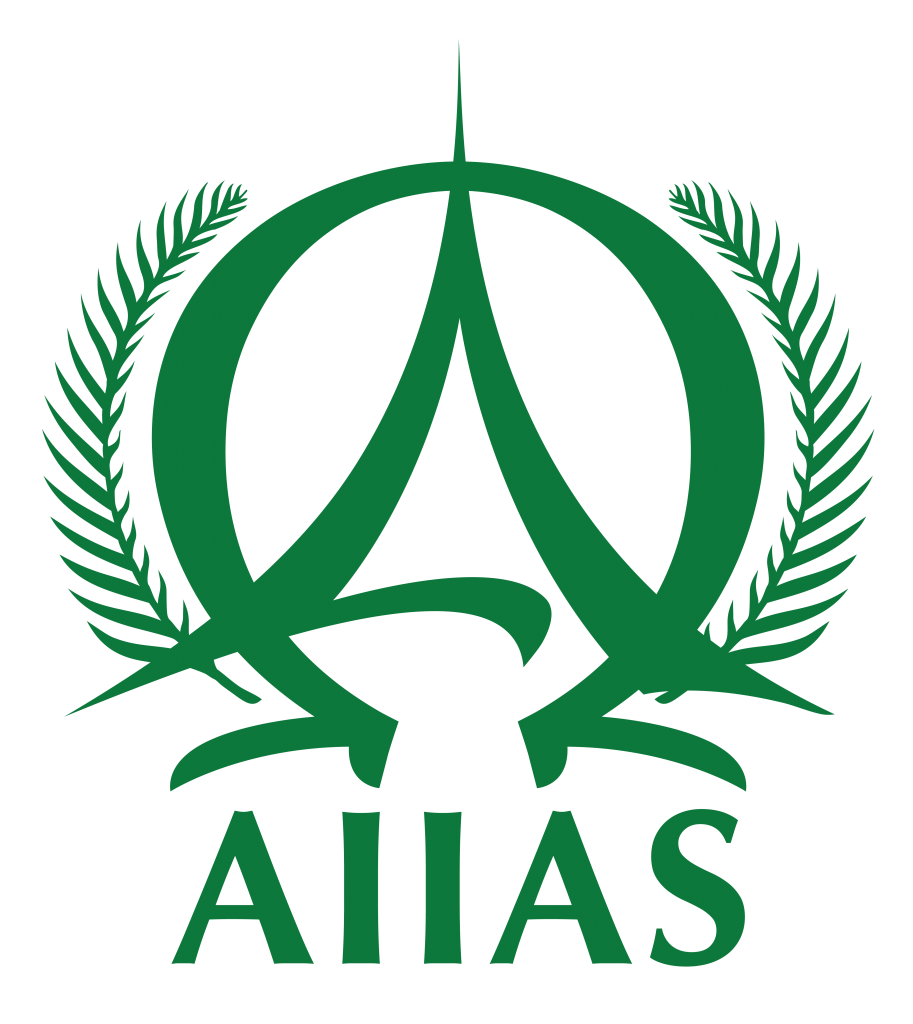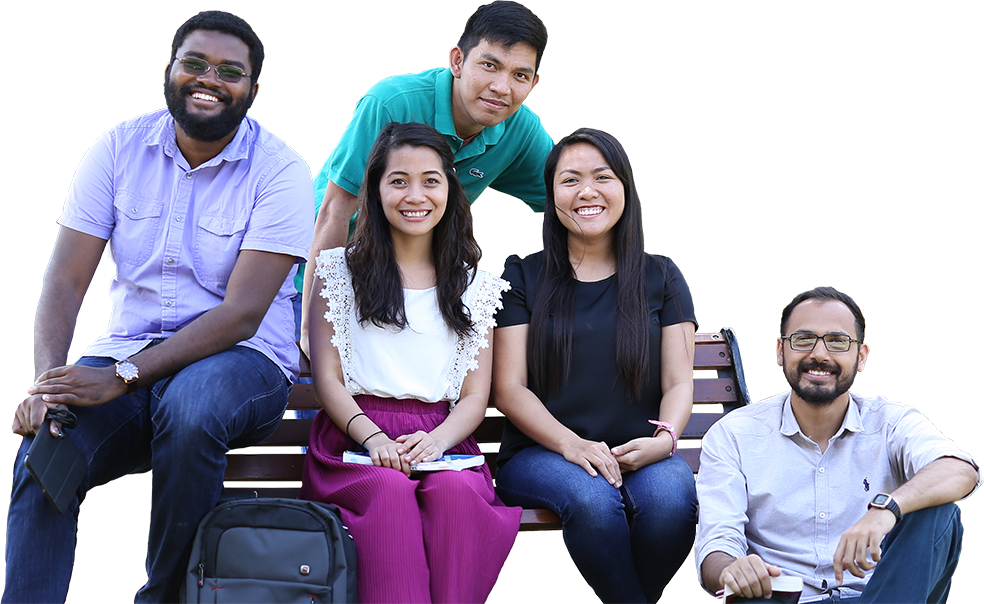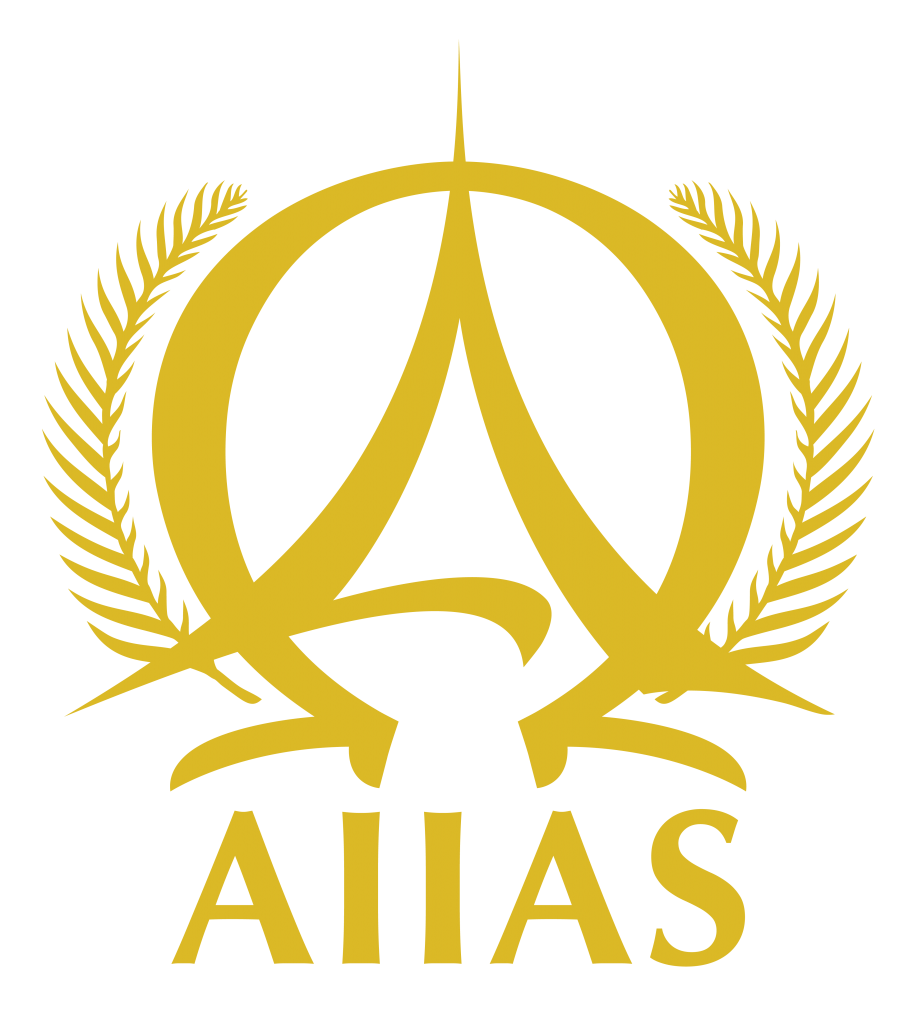Due to widespread COVID-19 pandemic restrictions, the AIIAS Seminary opted for the first time to conduct its 23rd Annual Theological Forum via online means on November 11-13, 2020. The theme “The Church: Its Nature, Mission, and Authority” sparked theological discussions on subjects from the various theological-historical, biblical, applied, and missiological perspectives. Distinguished presenters from various locations around the world were available to contribute to this forum, thanks to the online modality.
Keynote speaker, Dr. Frank M. Hasel, associate director for the Biblical Research Institute, presented on the developments and prospects of understanding the Remnant concept in Contemporary Adventist Theology. He stated that this provides a more distinct understanding of the church’s nature than is present in any other Protestant Church.
Dr. Ekkehardt Mueller’s presentation was based on a study of the local and universal church’s idea throughout the New Testament, focusing on how the church today understands the relationship between the local church and the universal church and its impact on its function. He concluded, “The right balance between the local and the universal, between the local and the worldwide church must be maintained.” In another presentation about Creation and Salvation in the Three Angels’ Message, Mueller addressed what ”eternal gospel” means and how it relates to creation, offering a comprehensive picture of how to preach this gospel in a relevant way.
During a presentation about Church Governance in Times of Conflict, Dr. Denis Fortin, professor of historical theology and former dean of the Seventh-day Adventist Theological Seminary at Andrews University, Michigan, offered suggestions for governance, reflection and change. He stated that “[In order] to remain healthy and vibrant, an institutional church must engage periodically in self-evaluation and self-critique.”
Dr. Alexander Bolotnikov, director of Shalom Learning Center, spoke about the Passover as the starting point for the Remnant Ecclesiology. In another session he discussed Jesus’s dialogue with Nicodemus, investigating the difference in ecclesiological approach for people who transition from the Old Covenant to the New Covenant. Bolotnikov concluded that being part of God’s church is not an entitlement; instead, those who constitute God’s church are those who accept God’s spiritual reformation in their lives.
Students and professors of the AIIAS Seminary presented a number of breakout sessions. Other session presenters included AIIAS alumni serving at the Adventist University of the Philippines, Northern Caribbean University, Pacific Adventist University in Papua New Guinea, Sola Fide SDA English Church in Indonesia, and Spicer Adventist University in India.
Out of the 969 that registered for the event, 651 attended. The participants were mainly pastors from various divisions of the Seventh-day Adventist world church and local conferences within the Philippines. Representatives of a total of 36 local and international institutions participated in the event.
“People from different parts of the world joined us during this time of theological reflection, academic engagement, and spiritual refreshment. What an opportunity to connect with everyone in a dialogue about the church from an Adventist perspective!” remarked AIIAS Seminary Dean, Ricardo Gonzalez.
Visit the AIIAS website and follow us on Facebook for more information regarding the 24th AIIAS Annual Theological Forum in 2021.


